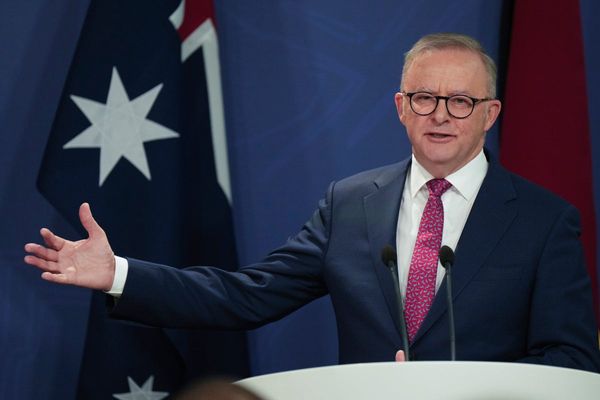
If you want a terrifying insight into what privatised primary healthcare could look like, get a pet and find a vet. It is not just that veterinary care is expensive – it is all the upselling that comes with it. As with private human healthcare, you sense that the gravitational pull is towards selling you as much treatment as possible rather than the minimum that is sensible or necessary.
My dog celebrated his third birthday this week. Well, he didn’t technically celebrate anything because he didn’t know it was his birthday because he’s a dog. Though he may have had a vague notion that something positive for him was in the air because my mum snuck him a handful of sliced ham, which is not something she normally does, however long and however imploringly he gazes at her.
Keeping a dog is a pricey business. I had a stab at calculating what his three short years had cost in vets’ fees. This would include the cost of treatment and pet insurance, because, disappointingly – indeed, incredibly – the latter invariably doesn’t cover the former. Both numbers therefore needed to be added together to equal a sum I am frankly too ashamed to share with you. Four figures, easily. Very easily.
But then I worked out another number. This was the total amount of money I would have handed over to all the vets in his life if I had taken them up on every course of treatment they had suggested. And this sum was well into five-figure territory. Yes, insurance would have covered most of these treatments, but that’s no comfort, as I – along with every other pet owner – ultimately pay the price in premiums.
Initially, as I was a first-time pet owner, upselling me unnecessary treatments was – if you’ll forgive the macabre animal-based metaphor – like shooting fish in a barrel. “Yes, nasty cough that. It should clear itself up but you could [implication: if you really care for your dog] try him on this special supplement/medicine/course of hypnotherapy.” Oh, the rubbish I coughed up for him and his coughs. I thought this might be a, you know, more-money-than-sense London thing, but we travel around the country a lot and he picks up maladies where he doth roam, affording veterinarians across the nation the opportunity to take my trousers down.
When he contracted a persistent dose of the, er, runs on the Gower peninsula we took him to a vet. Or, more accurately, one of the vets in a big practice, which was itself one of a large group of practices. They all seem to be multiples, these places. Is there an independent vet left in the UK? A range of treatment options was suggested, ranging from special food and some gunk in a squirty thing (£40 for this gear, plus £70 for the advice to buy it), right up to an overnight stay to include a range of tests amounting to what sounded like a full canine medical (£1,500). We slunk off having got away with spending barely a hundred quid. And everything soon firmed up for the lad in the bowel department, thanks to the stuff – or, more likely, it simply cleared up of its own accord. They must learn these upselling techniques at vet school; no wonder the courses take so long because this is MBA-level marketing zealotry.
More recently the time came for him to be castrated. Afterwards, with him looking baffled but not that bothered, I checked the bill and found it listed some minerals or something that cost a couple of hundred quid. This I queried, which elicited an admission that these minerals were of more use helping older dogs recover from operations. We resisted the temptation to buy them. Honestly, these people are relentless. Even with the poor lad’s Niagaras still warm wherever they’d put them, the selling operation pressed on regardless.
My advice to pet owners: proceed with extreme caution. It’s a jungle out there.
Adrian Chiles is a broadcaster, writer and Guardian columnist







